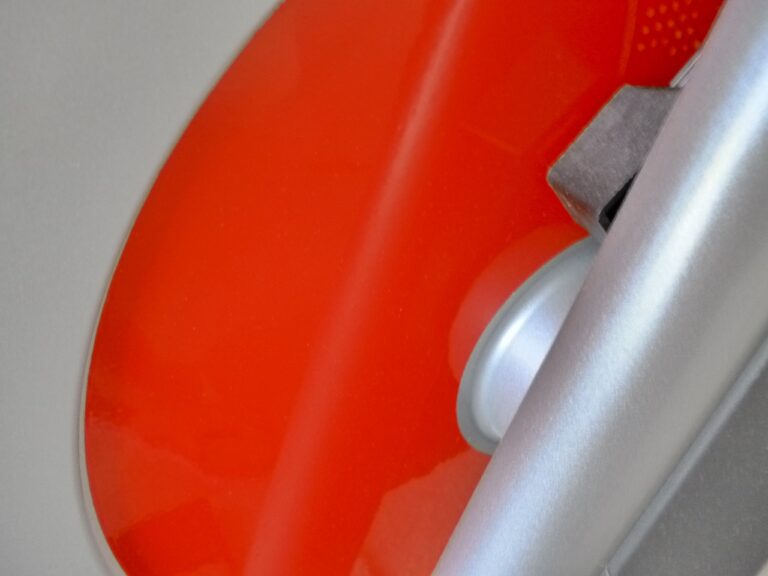The Impact of Plastic Surgery on Body Dysmorphic Disorder: Treatment Outcomes: Laser247. com cricket, Lotus365 vip login, Sky247
laser247. com cricket, lotus365 vip login, sky247: Plastic surgery has become increasingly popular in recent years, with more and more people opting for cosmetic procedures to enhance their physical appearance. While many individuals are satisfied with the results of their surgeries, there is a subset of patients who struggle with body dysmorphic disorder (BDD), a mental health condition characterized by an obsessive focus on perceived flaws in one’s appearance.
The Impact of Plastic Surgery on Body Dysmorphic Disorder
Plastic surgery is often seen as a quick fix for individuals with body image issues, but for those with BDD, it can exacerbate their symptoms. People with BDD may undergo multiple surgeries in an attempt to achieve their desired appearance, only to be left feeling even more dissatisfied with the results. This can lead to a vicious cycle of seeking out more procedures in a never-ending quest for perfection.
Treatment Outcomes
For individuals with BDD who have undergone plastic surgery, treatment outcomes can vary. Some may experience temporary relief from their symptoms, while others may find that their dissatisfaction with their appearance persists or even worsens. It is essential for individuals with BDD to receive specialized mental health treatment, such as cognitive-behavioral therapy, to address the underlying issues that contribute to their obsession with their appearance.
FAQs
Q: Can plastic surgery cure body dysmorphic disorder?
A: Plastic surgery is not a cure for body dysmorphic disorder. While some individuals may experience temporary relief from their symptoms, long-term satisfaction with their appearance is unlikely without addressing the underlying mental health issues.
Q: How can someone with BDD make an informed decision about plastic surgery?
A: Individuals with BDD should seek out a mental health professional who specializes in the treatment of body dysmorphic disorder before considering plastic surgery. It is essential to address any underlying issues that may be contributing to their dissatisfaction with their appearance.
Q: What are some alternative treatments for body dysmorphic disorder?
A: Cognitive-behavioral therapy (CBT) is considered the gold standard treatment for body dysmorphic disorder. CBT helps individuals challenge negative thought patterns and develop healthier coping strategies for managing their symptoms.
In conclusion, while plastic surgery may offer temporary relief for individuals with body dysmorphic disorder, it is not a sustainable solution. Mental health treatment is essential for addressing the underlying issues that contribute to BDD and promoting long-term satisfaction with one’s appearance. It is crucial for individuals considering plastic surgery to seek out comprehensive care that addresses both their physical and mental health needs.







